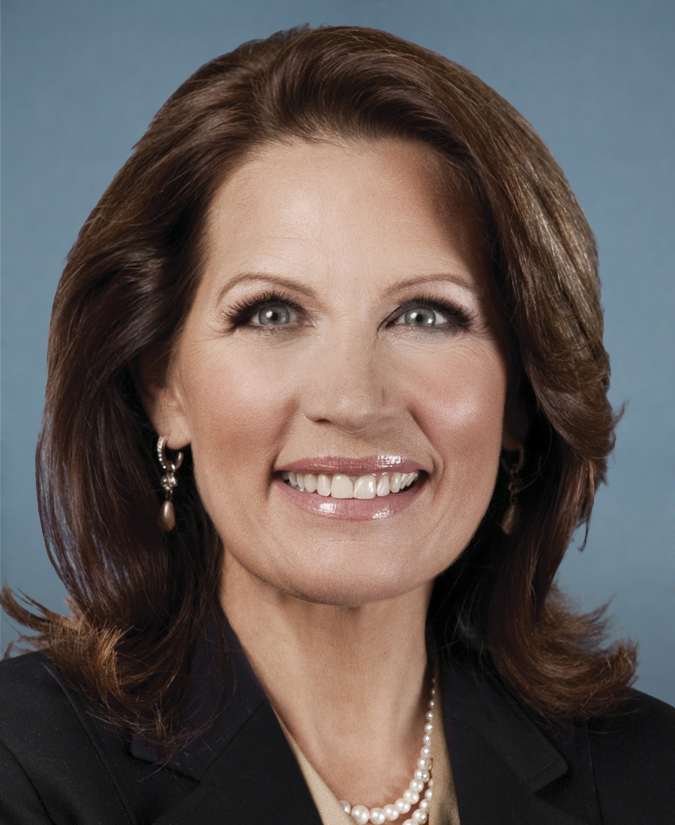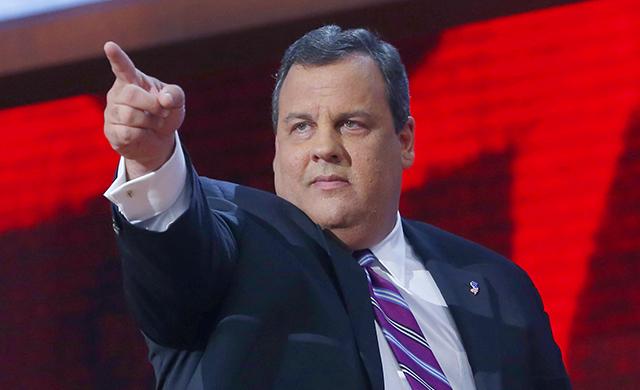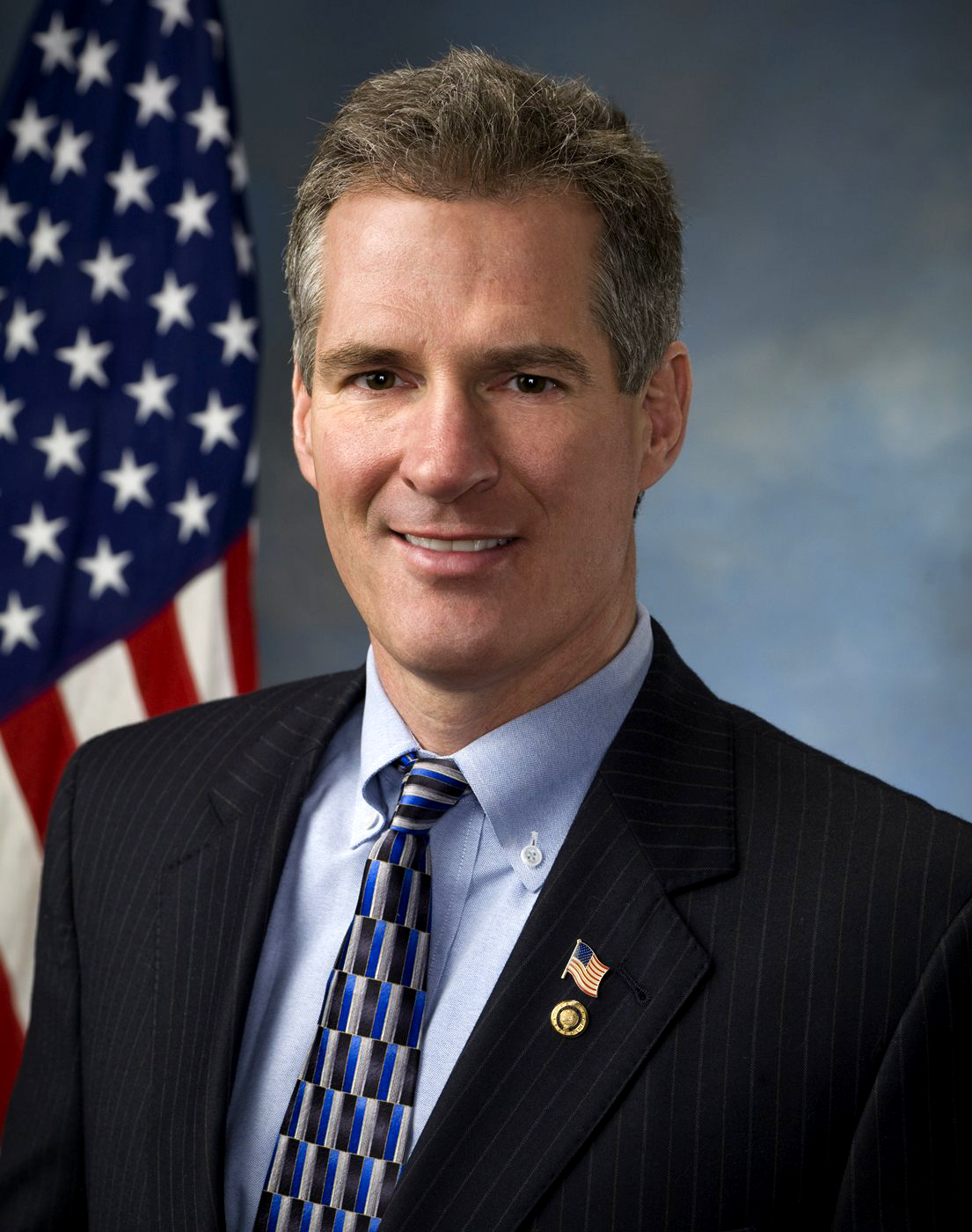By Nelson Hultberg.
Nothing is ever certain in politics. Life’s prompting events are too transitory and human nature is too capricious. But whenever a political candidate is closing in on his party’s presidential nomination, all of us invariably turn to speculating on who the candidate should choose for his Vice-President. In light of history, the office is hardly a position of immense significance. Vice-Presidents oversee the Senate, which means they sit at the front of the chamber and cast deciding votes in case of ties. Mostly, though, they attend funerals of foreign leaders and ride around in black limousines.
Nevertheless, they are important because they are there to take over in case the President dies in office. Thus they need to be of like mind to the President himself if his administration’s vision is to be extended in case of his death. This means they must convince the voters that they are worthy of sitting in the Oval Office. They must be presidential and authoritative. They must possess leadership capacity. This means that people like Pee Wee Herman and Woody Allen are not good bets for the office.
With this in mind, let’s speculate on who Donald Trump would be likely to choose as his Vice-President. The choice is considerably more important this election year because The Donald is a businessman and not familiar with the protocols of politics. Thus it is mandatory for him to pick someone who has experience in these matters to help navigate the pathways of constructing his administration. But it is also mandatory that such a VP guide be on board with the Trump vision for the country, i.e., immigration, trade, and foreign policy reform, in addition to the revolutionary house cleaning attitude that Trump has voiced in his campaign.
The Strongest Rival Strategy
Often a presidential candidate picks his strongest competitor in the primaries in an effort to unite his party around him for the general election. John F. Kennedy chose Lyndon Johnson as his running mate. Ronald Reagan chose George H.W. Bush as his. But this time around, such a strategy is really not possible.
Trump certainly cannot pick “Little Marco” as his running mate, and he will also have trouble picking “Lyin Ted” as his choice. The abusive, burlesque nature of this election with its invective dominating the airwaves clearly knocks Marco Rubio out of the running. He would be a horrid choice anyway because he’s the poster boy for open borders and a neocon foreign policy. Ted Cruz is strong on immigration, but neoconish on foreign policy and not in synch with the Trump trade vision. Thus he would be a dubious choice.
There are those who say that, despite the considerable rancor between them, Trump will need Cruz on the ticket in order to unify the party in the fall campaign. There was rancor, they point out, between John Kennedy and LBJ in 1960. The two disliked each other intensely, yet they joined forces to produce a winning ticket. Kennedy realized he could not win the presidency without the LBJ supporters enthusiastically on board. Likewise with Trump; he will not be able to win without Cruz supporters.
The flaw in this reasoning is that the Democrats in response would run ads 24-7 that show Trump calling Cruz, “Lyin Ted.” This would create a cloud over the campaign like acid rain that would thoroughly poison the Trump candidacy. Think back to 1988 when George H.W. Bush ran the Willie Horton ads. They destroyed the image of Governor Dukakis in the voters’ minds. And the Democrats could duplicate such destruction regarding Cruz. Moreover, the Kennedy parallel is invalid. Kennedy and LBJ did not engage in the level of scurrility toward each other that Trump and Cruz have.
Could Trump choose his other rival, John Kasich? Unfortunately the Ohio governor is so weak on immigration and such a neocon apologist that it would be an awfully tough sell to the voters to claim he was truly into the Trump vision. Granted, as with all VP’s, Kasich would have to subordinate his views on the issues to be Vice-President, but this kind of “sudden convention conversion” would be like a classical music buff saying he suddenly sees the superiority of rock and roll. There are other choices that would help unify the party establishment with Trump that don’t stretch the credibility gauge so drastically.
A better strategy would be to offer Kasich a cabinet post like the Department of Commerce in return for his vigorous support in the fall, especially in Ohio. As for Cruz, Trump should simply let him go back to Congress. He’s way too risky to put on the ticket. This won’t lose Cruz supporters. They are intelligent patriots who may hold their nose, but will vote for Trump in the fall.
As for Ben Carson, his halting speech style and his lack of experience in politics knocks him out. Trump should give him the Department of Education and tell him to dismantle it. South Carolina Governor, Nikki Haley, has a lot of Republican support for VP, but has denounced Trump as an “angry voice,” and besides she was born to non-citizens from India in 1972, which makes her an anchor baby. Her father didn’t become a citizen until 1978 and her mother not until 2003. Thus she is not a natural born citizen. This makes her constitutionally inelligible.
The Five Best Choices
In my estimation below are Trump’s five best choices for Vice-President. I have listed them in order of my preference. You the reader may feel differently, of course.
Michele Bachmann, age 60, served in the House of Representatives, 2007-2015, representing Minnesota’s 6th Congressional district. A solid political and social conservative, she ran for the GOP nomination in 2012. Would be enthusiastically on board for Trump’s reform issues of immigration and trade policy. She would need to tweak her super-hawk foreign policy positions a bit to be in synch with Trump’s desire to end “nation building.” But what’s most important, she would help raise Trump’s approval numbers with women.
Chris Christie, age 53, has served as Governor of New Jersey since 2010. He is the Chairman of the Republican Governors Association and is a very able articulator of the immigration, trade, and foreign policy reforms Trump wishes to implement. Christie is an Eliot Ness clone with a pitbull personality and a professorial brain, a top-notch debater who would help carry New Jersey for Trump.
Jeff Sessions, age 69, is a rock-ribbed southern conservative patriot who is the biggest supporter of Trump’s immigration and trade policy proposals in the Senate. Supported the Iraqi war, but apparently is on board with Trump’s desire to end “nation-building” and restructure NATO’s role. He has served as Alabama’s junior Senator since 1996 and would be very helpful in shepherding Trump legislative proposals through Congress.
Mike Huckabee, age 61, served as Governor of Arkansas, 1996-2007. He sought the GOP nomination in 2016 and also in 2008. He is an evangelical Christian minister and a noted author who hosted the Fox TV show, Huckabee, from 2008 to 2015. An articulate conservative politically and culturally, he would rally the conservative base by drawing in the evangelical vote.
Scott Brown, age 56, served as U.S. Senator from Massachusetts, 2010-2013, and is presently a Fox News analyst. Opponents claim he is a liberal, but he is firmly on board with Trump’s top three “conservative” policy needs: radical immigration reform, rational trade policy, and America’s return to a defensive instead of imperialistic foreign policy. Very telegenic and articulate.








